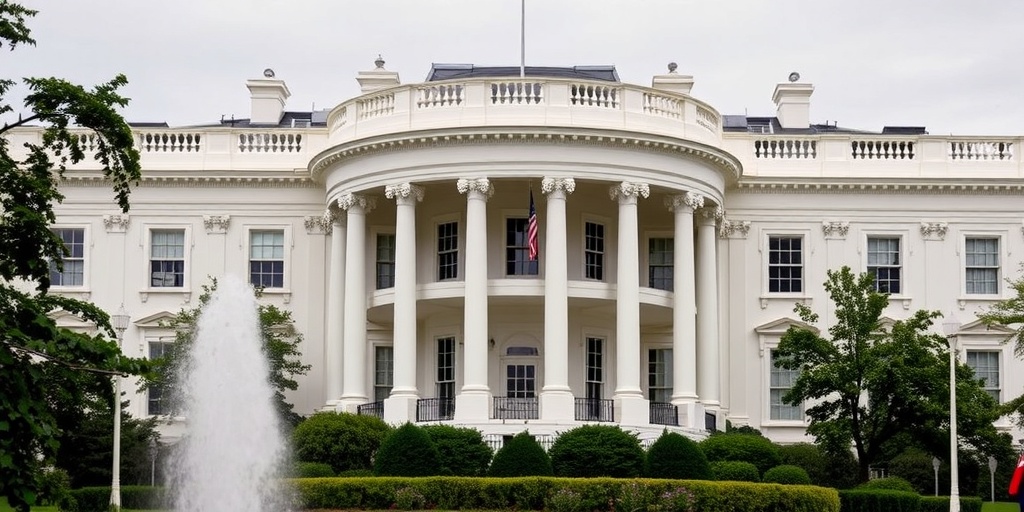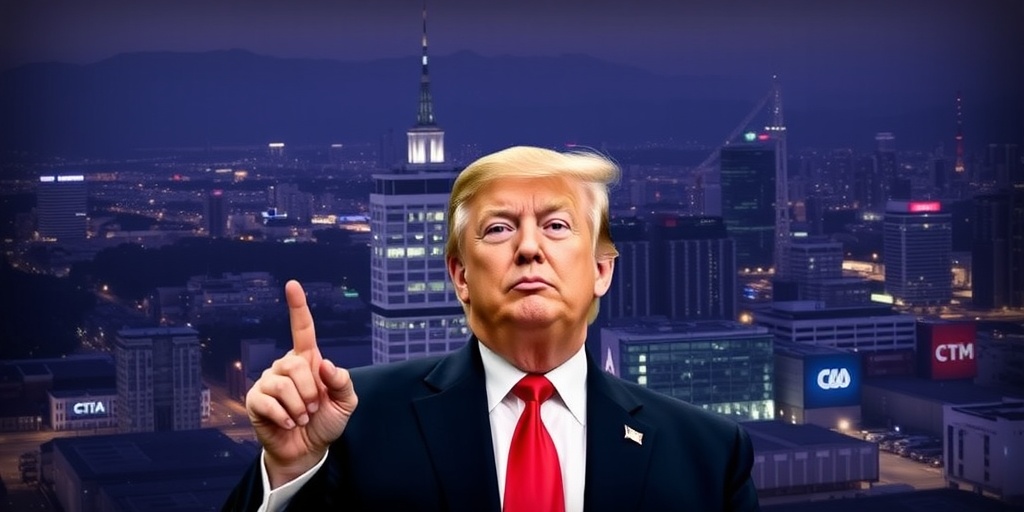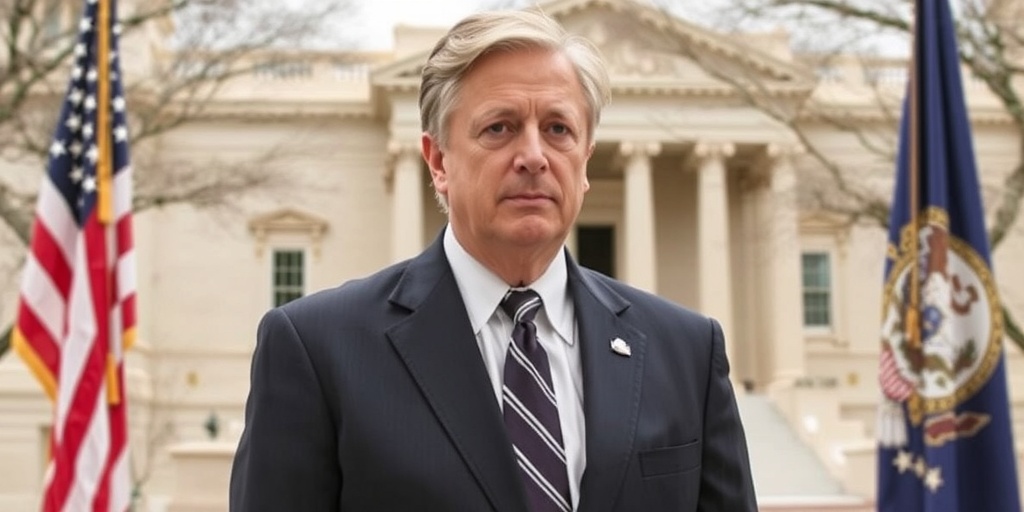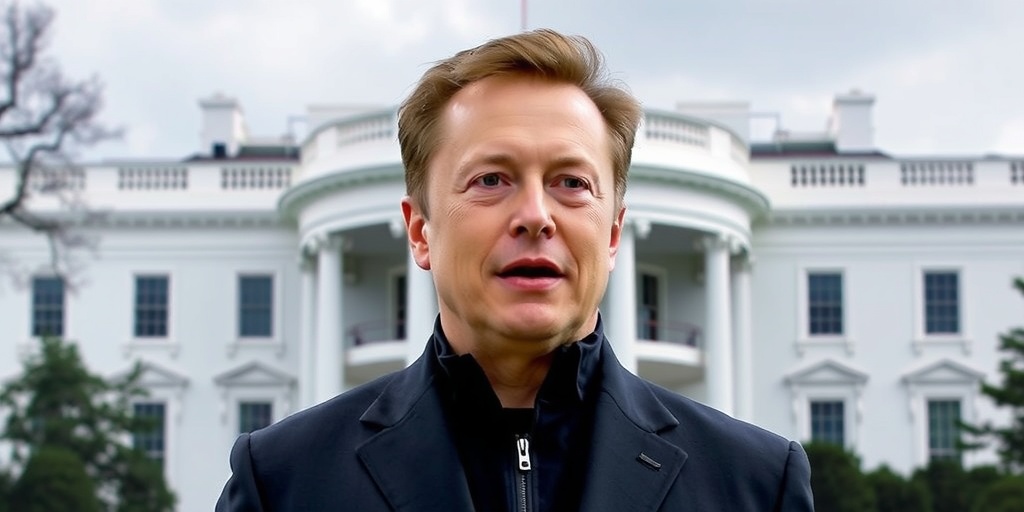Now Reading: Artists Urge N.E.A. to Revoke Trump’s Restrictions
-
01
Artists Urge N.E.A. to Revoke Trump’s Restrictions
Artists Urge N.E.A. to Revoke Trump’s Restrictions
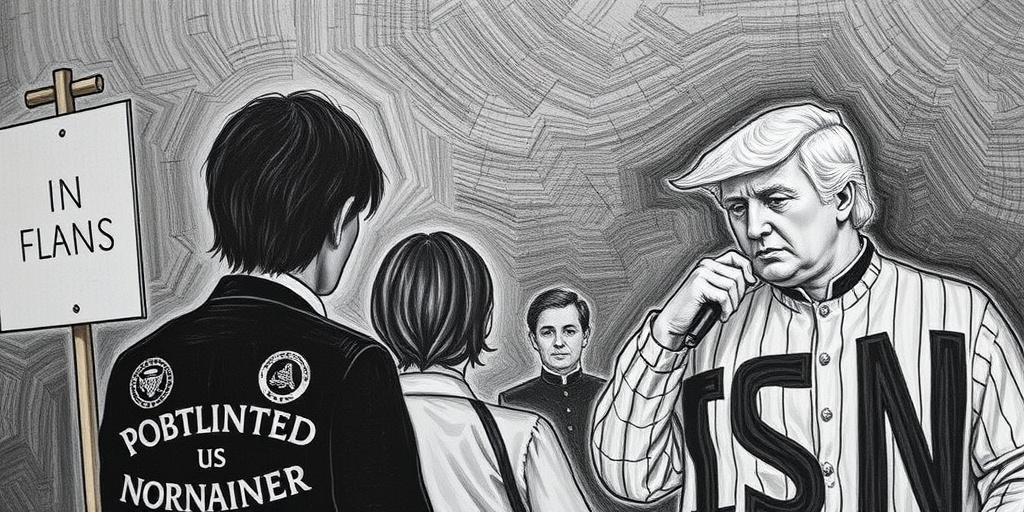
Artists Protest NEA Grant Restrictions Amid Political Climate
In a significant show of defiance against the arts policies imposed during the Trump administration, a coalition of several hundred American artists has rallied to call on the National Endowment for the Arts (NEA) to reconsider its newly established grant regulations. These guidelines restrict funding to institutions that promote diversity or what is termed as “gender ideology,” sparking concern among artists advocating for inclusivity in the arts.
The movement against these restrictions has garnered the support of 463 prominent figures in the arts community, including Pulitzer Prize-winning playwrights such as Jackie Sibblies Drury, Lynn Nottage, and Paula Vogel. A notable signatory is artist Holly Hughes, who gained notoriety in the 1990s as one of the "NEA Four." This group of artists was infamously denied funding amid fierce debates surrounding artistic expression and public funding during the era’s culture wars. Reflecting on the current situation, Hughes, now a professor of art and design at the University of Michigan, conveyed her sense of déjà vu. “These funding restrictions are a good barometer for who is the easy punching bag in American culture at the moment,” she stated during a recent interview.
The artists articulated their grievances in a letter sent to the NEA, opposing the new requirements imposed on grant applicants. These guidelines, implemented this month as part of compliance with executive orders from President Trump, include stipulations that disallow applicants from conducting any programs that advocate for “diversity, equity, and inclusion” if they infringe upon federal anti-discrimination laws. Furthermore, federal funds cannot be utilized to promote what the administration refers to as "gender ideology," a term linked to policies concerning transgender individuals and the administration’s assertion of recognizing only two sexes: male and female.
The letter reflects a strong sentiment of resistance, urging the NEA to “reverse” these changes. “Abandoning our values is wrong, and it won’t protect us. Obedience in advance only feeds authoritarianism,” the letter argues. The group emphasizes that the framing of support for marginalized artists as discrimination is a deceptive narrative. They maintain that the arts should represent all individuals, transcending barriers of race, gender, and identity.
This letter-writing initiative was led by Annie Dorsen, a respected writer and theater director who recently graduated from law school. Dorsen, who was honored with a “genius grant” from the MacArthur Foundation in 2019, underscored the importance of this moment. “I felt it was important in this moment to signal to the NEA and to anyone else paying attention that artists were aware of what was happening and not staying silent.”
At the same time, these changes at the NEA align with Trump’s broader influence over major cultural institutions. The President has taken command of the John F. Kennedy Center for the Performing Arts, replacing numerous board members and installing himself as the center’s chairman. This shake-up has triggered a series of resignations from artists and staff in protest of the new direction of the institution.
The ripple effects of the altered funding landscape are already being felt within the arts community. Some productions, such as a children’s musical titled "Finn," which tells the story of a grey shark aspiring to become a glittery fish and conveys a message of self-acceptance, have had their tours canceled. While the creators of the show suspect that the cancellation stemmed from the perceived political insensitivity of its themes in the current climate, officials at the Kennedy Center have countered that the decision was due to a lack of interest from potential presenters across the country, rendering the tour financially unfeasible.
As this situation unfolds, the implications of political agendas on cultural expression and the funding of the arts are becoming increasingly clear. The NEA, along with other cultural institutions, now stands at a crossroads where funding decisions may either foster a more inclusive creative environment or inadvertently stifle the diversity of voices that define American arts. The call for a reversal of these restrictions marks a critical step for artists seeking to reclaim the agency over their narratives and ensure that the arts remain a platform for all perspectives.
As the NEA has yet to respond to the letter from the artists, the future of funding and support for diverse artistic expressions hangs in the balance. This ongoing debate highlights not only the tensions within the art world but also sheds light on the larger cultural dynamics at play in the United States today, as artists and institutions grapple with the implications of policy on creativity and expression.
Stay Informed With the Latest & Most Important News
Previous Post
Next Post
-
 01New technology breakthrough has everyone talking right now
01New technology breakthrough has everyone talking right now -
 02Unbelievable life hack everyone needs to try today
02Unbelievable life hack everyone needs to try today -
 03Fascinating discovery found buried deep beneath the ocean
03Fascinating discovery found buried deep beneath the ocean -
 04Man invents genius device that solves everyday problems
04Man invents genius device that solves everyday problems -
 05Shocking discovery that changes what we know forever
05Shocking discovery that changes what we know forever -
 06Internet goes wild over celebrity’s unexpected fashion choice
06Internet goes wild over celebrity’s unexpected fashion choice -
 07Rare animal sighting stuns scientists and wildlife lovers
07Rare animal sighting stuns scientists and wildlife lovers













